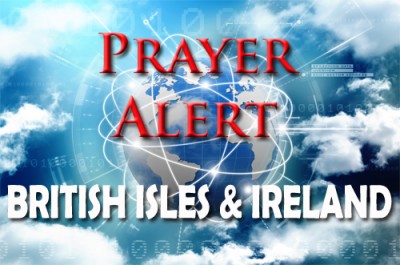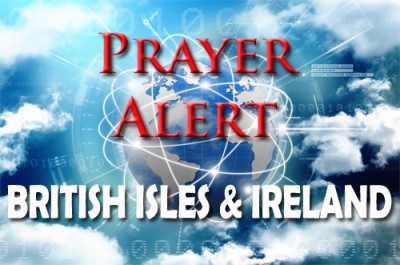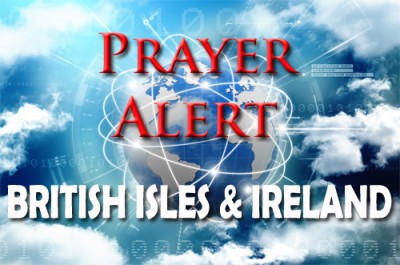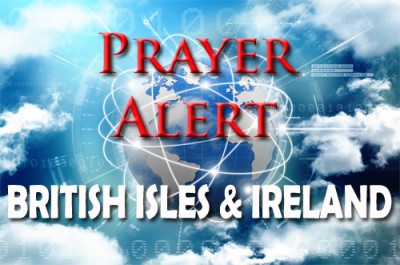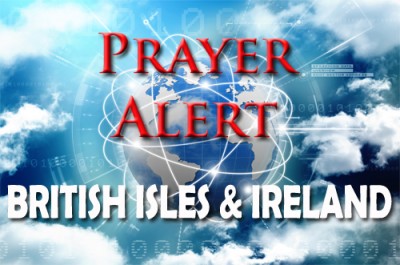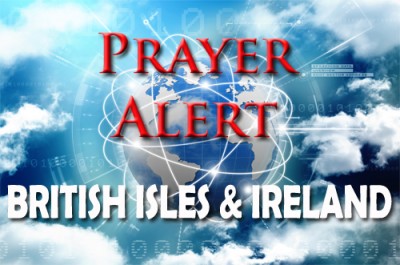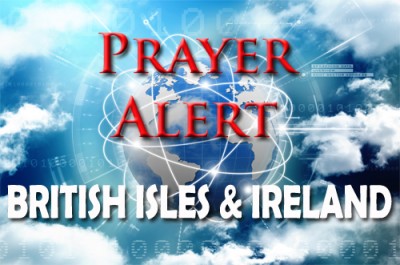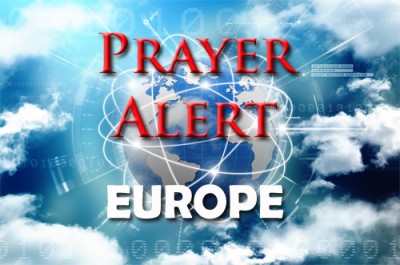Northern Ireland: gay marriage ban challenged
04 Dec 2015A legal challenge to Northern Ireland's ban on gay marriage opened on Thursday. The landmark challenge has been launched by two couples - Grainne Close and Shannon Sickles, and Chris and Henry Flanagan-Kanem. They have been granted permission for a judicial review of the Stormont Assembly's repeated refusal to legislate for same-sex marriage. They were the first and second couples, respectively, to enter into a civil partnership in the UK after Northern Ireland made that option available in late 2005. Northern Ireland is now the only part of the British Isles which does not allow gay marriage, following the Republic of Ireland’s ‘yes’ vote in May.
Compulsory sex education in schools
04 Dec 2015Campaigners are again pushing for sex and relationships education (SRE) to be made compulsory in all English schools. Currently local authority-maintained schools in England are obliged to teach SRE from age 11 upwards, and must have regard to the Government’s SRE guidance. Academies and free schools, the majority in secondary education in England, do not have to follow the National Curriculum and so are not under this obligation. But if they do decide to teach SRE, they must also have regard to the guidance. Parents are free to withdraw their children from SRE if they wish to do so. The only exceptions to this are the biological aspects of human growth and reproduction, which are essential elements of National Curriculum Science. But this could change if government-funded campaigners have their way. Private members’ bills have been tabled to introduce compulsory SRE. There have also been calls from across parties for the Government’s SRE guidance to be updated to equip teachers more effectively.
Archbishop of York begins walking pilgrimage
04 Dec 2015Dr John Sentamu began a six-month walking pilgrimage of his deaneries in the north-east of England on Tuesday with morning prayers at St Mary's Church in Whitby, which hosted the Whitby Synod in AD 664, uniting Roman and Celtic branches of Christianity. He will spend six days in each of his 21 deaneries, walking ‘considerable distances’ between them. He said, ‘My prayers have led me to this pilgrimage. St Paulinus, St Aidan, St Cuthbert and St Hilda of Whitby in their time shared the good news of Jesus Christ with the people of the North. Praying for those who come to know Christ is a great privilege and a joy. During this pilgrimage, I would like to encourage everyone I meet to commit themselves afresh to try praying, be open to encountering Jesus Christ, pray for a mighty outpouring of the Holy Spirit, and receive the gift of the joy provided by Jesus Christ - and be thankful.’
This week, the Belfast High Court ruled that Northern Ireland’s abortion law is incompatible with human rights. By not allowing for exceptions where the child has a ‘fatal foetal abnormality’ (FFA), or where the pregnancy is the result of rape or incest, the current law breaches the European Convention on Human Rights. Under Northern Ireland’s existing legal framework, abortion is permitted when the mother’s life is endangered by the pregnancy. Earlier this year, the Northern Ireland Human Rights Commission applied for a judicial review of the legislation. In his ruling on the case, the judge said that it was ‘illegitimate and disproportionate’ to ban abortion of unborn children with a FFA as they are ‘incapable of existence independent of the mother’s womb’. He also said that not allowing a victim of rape or incest to abort ‘completely ignores the personal circumstances of the mother’.
Woman loses court battle in gender abortion case
04 Dec 2015A woman has lost her legal challenge to bring charges against two doctors accused of agreeing to perform abortions based on the sex of unborn baby girls. Aisling Hubert, a pro-life campaigner from Brighton, accused the Director of Public Prosecutions of making ‘politically motivated’ rather than ‘legally based’ decisions. Sitting in London, Lord Justice Burnett and Mr Justice Irwin refused Ms Hubert permission to seek a judicial review; they will give their full reasons at a later date. The case centred on the actions of two doctors facing the first-ever private prosecution on gender abortion charges after an undercover newspaper investigation filmed them agreeing to arrange terminations because of the gender of the foetus. Ms Hubert now faces a legal bill of over £22,000. Her barrister said, ‘The desire to choose whether people have boys or girls is creating problems and raising important issues which should be addressed by the courts.’
Damascus comments on UK air strikes on Syria
04 Dec 2015Thursday’s Damascus newspapers criticised the West's engagement in Syria. ‘Britain didn't ask permission from Syria's government,’ declares the state news agency SANA. ‘Cameron told lies,’ it says. Syrian officials insist Britain and its allies must follow Russia's example and co-ordinate their campaign with Syrian government forces. If they don't, they warn, they simply won't succeed. The deadlock over President al-Assad's future role will continue to block the formation of a unified command against a common enemy. It will also stand in the way of Britain's pledge that it will now also focus on finding a negotiated way out of this war. Syrian activists and opposition groups feel bitterly let down that the West did not give them this kind of military support to help remove Assad. Many Syrians, exhausted by war, want to believe Britain's promise that it is stepping up the fight to ‘win the peace’ - as hard as that is.
David Cameron and IS funding
04 Dec 2015Former Lib Dem leader Paddy Ashdown suggests David Cameron has failed to exert pressure on Saudi Arabia and Qatar to stop 'rich businessmen' from funding jihadists because of the 'closeness' between the Tories and wealthy Arabs. Speaking on the Radio 4 Today programme, he said there was a failure by the government to put pressure on Saudi and Qatar to stop funding the Salafists and the Wahhabists and also to remind them they need to play a larger military part in this campaign against Daesh. The last Saudi plane seen flying as part of the coalition over Syria was three months ago; the last Qatari plane was nearly a year ago.He also said, ‘The Government has refused to have a proper inquiry into the funding of jihadism in Britain; this leads me to worry about the closeness between the Conservative Party and rich Arab Gulf individuals’. See also this week’s Prayer Alert World article no 1.
Brussels: Christians ‘the most persecuted’
04 Dec 2015In a high-level meeting on religious persecution in Brussels, the President of the European Parliament (EP) said that Europe cannot afford to continue ignoring the fate of Christians, who are clearly the most persecuted group in the world. EP President Martin Schulz said that the persecution of Christians is ‘undervalued’ and does not receive enough attention, which also means that it has not been properly addressed. For Islamists, Christians are the new ‘crusaders’ of Europe. Because of Islamic persecution in the Middle East, more than 70% of Christians have fled from Iraq since 2003, and a further 700,000 Christians have been forced to leave their homes in Syria since the outbreak of civil war.
